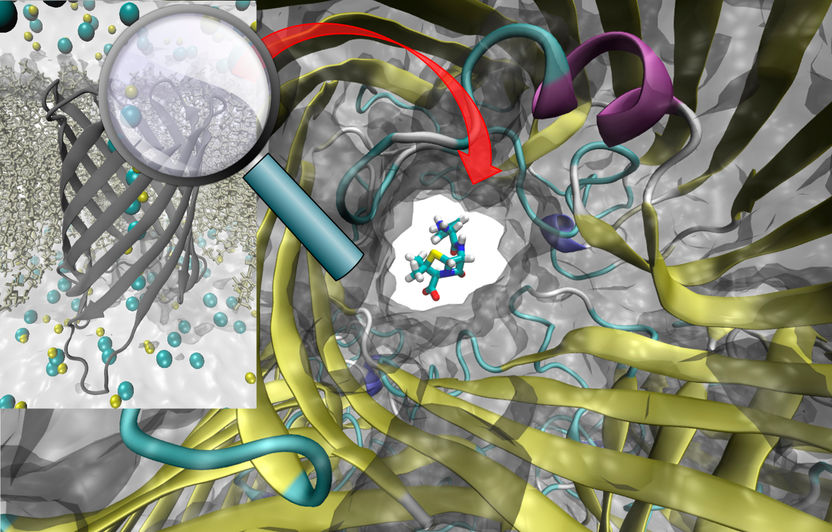Amorfix announces leading sensitivity for prion detection in spiked human blood samples
Advertisement
Amorfix Life Sciences Ltd. announced it had completed the analysis of the international reference blinded panels of human blood samples spiked with prions from variant Creutzfeldt-Jakob disease (vCJD) patients which were provided by the UK government.
"Our excellent results from the blinded panels match our previous internal tests using spiked blood samples. Based on data presented at industry conferences on 4 other laboratories and companies that have completed the blinded panels, we are confident that the company's EP-CJD(TM) assay is significantly more sensitive in detecting prions," said Dr. George Adams, Chief Executive Officer, Amorfix.
"Having superior sensitivity should give Amorfix a competitive advantage in the early detection of prions in blood from donors who are infected but do not yet show symptoms of the disease", said Dr. Neil Cashman, Chief Scientific Officer, Amorfix. "We look forward to testing blood samples from people who have unfortunately been infected with vCJD and preclinical samples from infected but asymptomatic animals to further validate the utility of the EP-CJD(TM) to secure the blood transfusion systems worldwide". Dr. Cashman will be presenting the blinded panel results at the Transmissible Spongiform Encephalopathies conference in Vienna, Austria, on June 28th.
The National vCJD Surveillance Unit (NCJDSU) and the British National Institute for Biological Standards and Controls (NIBSC) direct the international testing program and will publish an independent analysis of all these benchmarking results from those companies who participated. The NCJDSU has blood and tissue samples from approximately 150 people who have been diagnosed with vCJD and subsequently died. The company has sent a request to the British Department of Health, Tissue Management Group to access the final blinded panels containing blood samples from patients with variant CJD, patients with sporadic CJD, patients with other neurological conditions and "normal controls" from blood donors. These results will be used to apply for regulatory approval to market the test in Europe.




























































